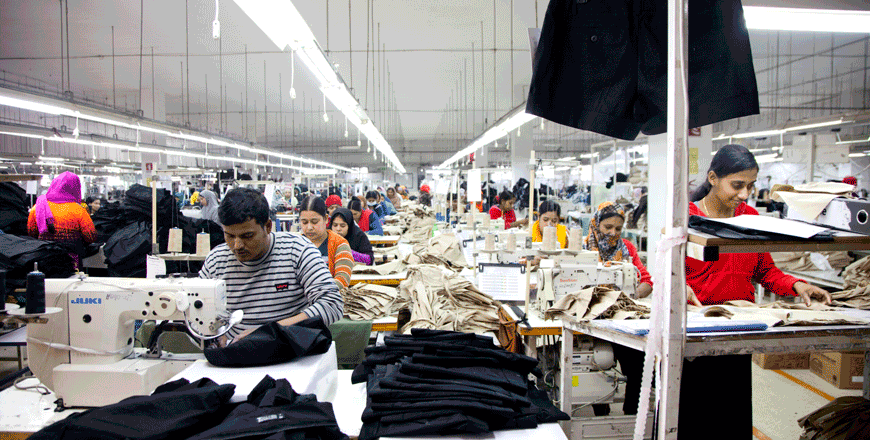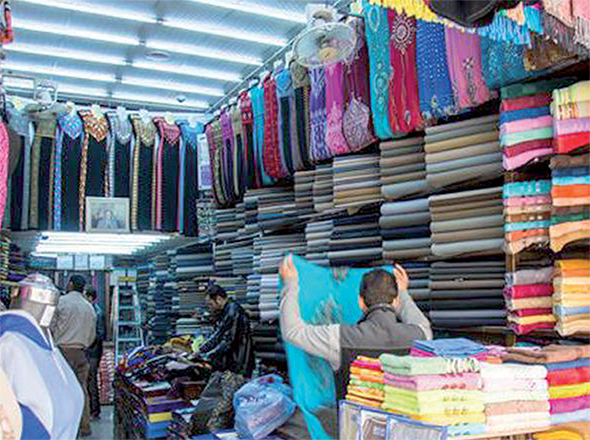You are here
Tamkeen calls for improved grievance mechanisms for textile workers in Jordan
By Maria Weldali - Jan 16,2025 - Last updated at Jan 16,2025
AMMAN — Jordan's textile and garment industry, a cornerstone of the national economy, is facing significant challenges that threaten its stability and the welfare of its workers, according to a recent report by Tamkeen for Legal Aid and Human Rights.
The report highlighted systemic issues within the sector, particularly concerning factories operating under subcontracting arrangements.
The report also called for an in-depth study of the subcontracting system to assess its advantages and disadvantages, alongside the establishment of effective grievance mechanisms to protect workers. "Raising awareness among both Jordanian and migrant workers about their rights and responsibilities is crucial while ensuring accessible channels for filing complaints and seeking redress," Tamkeen's Programme Director Rania Sarayrah said.
According to the report, the textile and garment sector employs around 77,730 workers in development zones, with 73 per cent of these workers being migrant women from South and East Asia. Despite the sector's economic importance, these workers often face long hours, low wages, and a lack of social protection.
Additionally, there are an estimated 2,000 small tailoring workshops outside the industrial zones, employing about 8,000 workers under precarious conditions.
Sarayrah also emphasised the critical role of the industry, which is heavily reliant on exports to global markets, but also grapples with severe challenges, including international economic fluctuations and competition from countries with lower operational costs.
Subcontracting, a key feature of the industry, enables larger factories to outsource production to smaller subcontractors, but it has also led to increased financial instability and the exploitation of workers. "Many subcontractors fail to adhere to labour standards, leaving workers without fair wages or adequate safety measures."
The report concluded with a call to action for all stakeholders to establish clear and enforceable contractual relationships between primary employers and subcontractors, enforce labour laws more effectively, and hold buyers accountable for the labour conditions in their supply chains.
for the labour rights of workers in their supply chains.
Related Articles
AMMAN — Thousands of workers in Jordan's textile and garment industry are facing "harsh" conditions, with low wages and limited protections
AMMAN – Labour experts, professionals, and policymakers on Monday discussed the challenges facing textile and garment workers, particularly
AMMAN — Tamkeen for Legal Aid and Human Rights Organisation, in a recent discussion session, called for revising legislation related to the



















